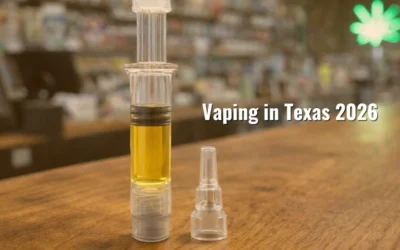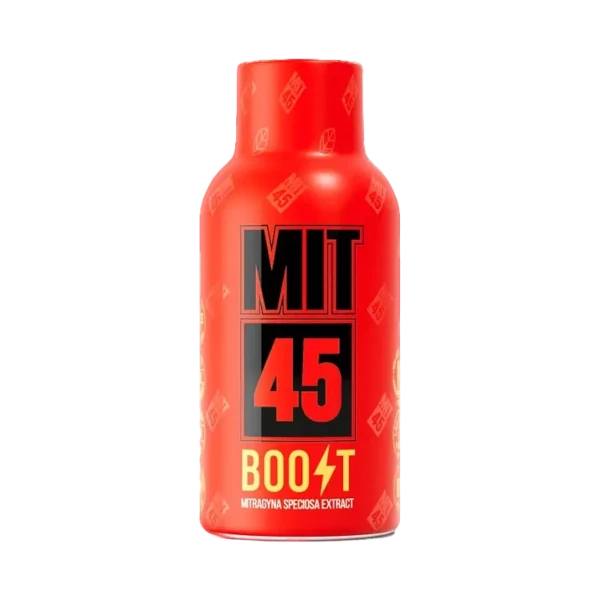The concern that surrounds the legalization of cannabis in the U.S. has been a topic of discussion for many years. You may wonder why that is so. Well, the answer is not that complicated: there are strong arguments found against the continued prohibition of cannabis. However, despite the opinions of some, there is a gripping and complete case for legalizing cannabis on all sides of both public health benefits and economic advantages.
1. Financial Gains
One of the strongest defenses existing against a prohibition on cannabis includes the financial advantages that legalization offers. Legal cannabis markets have been found to create thousands of jobs in industries such as retail, wholesale, ancillary services, and cannabis production. This is found to be the case in many places where cannabis is said to be legal, and sales taxes have been funding initiatives leading towards creating infrastructure, healthcare, and education programs, amongst a lot of other public services. For example, when cannabis was legalized for recreational use back in 2014, Colorado is known to have raised more than $2 billion solely in taxes. One example of how this industry has grown and changed while supporting regional economies is the presence of THC JD Products.
2. Criminal Justice Reform
Prohibition of cannabis worsens poor communities, thereby feeding into the problem of over-incarceration in the U.S. Enforcing the laws and regulations on cannabis disproportionately affects Black and Latino communities. Such communities use at the same rates as White people. As such, their arrest and conviction rates are higher compared to those for Whites. Legalization would reduce the number of nonviolent offenders in the system, ease the pressure on prisons, and let law enforcers pursue much-needed serious crimes.
3. Safety and Public Health
Legalizing cannabis has the capacity to foster both increased public health and safety in regard to introducing regulations for the quality and safety of market products. In this case, in a controlled market, cannabis is checked for toxins and strength, hence reducing the risk of the consumer consuming contaminated products. Legalization can also finance research into cannabis use and public health initiatives, getting the word out about the benefits and risks of safer cannabis use. THC JD Products regularly feature safety assurances and test results that are simply impossible in the illegal market.
4. Health Benefits
There are some established medical benefits of cannabis that shouldn’t be ignored. The drug is used to treat cases of multiple sclerosis, epilepsy, chronic pain, and PTSD, among many other diseases. Many users of medical cannabis report better quality of life, with most thinking it is much safer compared to prescribed opioids, which are associated with a high potential for addiction and overdose. Patients would lose one such valuable treatment alternative in the event that cannabis was made illegal.
5. Individual Liberty
The legality of cannabis is inherently a matter of personal freedom. Adults should have the choice to decide what they put into their bodies and what they consume, especially regarding drugs less harmful than accepted alternatives like alcohol and tobacco. Cannabis prohibition infringes upon the right to privacy of individuals and the capacity for making a decision that is wise regarding one’s own body.
6. Reduction in illegal trade
Prohibition does not reduce the need for cannabis; it just drives it underground. In the case of the illicit market in cannabis, there is no control or regulation over it, and it foments criminality and violence against customers. Legalization enables a regulated and controlled market that reduces the stronghold of illicit activity on societies, improving public safety.
In summary
There is an overwhelming case—based on social, political, and health concerns—on which cannabis ought to remain legal in the United States. Legal cannabis improves personal freedoms, public health and safety, economic growth, and criminal justice reform. What the United States needs is some kind of legal framework that rightly regulates cannabis for the interest of everybody in society instead of going for something that is so expensive and ineffectual—the ban.and even a Delta 10 THC variation. Each one differs in effects and characteristics. Now, if you were curious about what really makes each one special—well, you won’t be disappointed with this exploration. Now, let’s really dig into the variety of cannabinoids out there and pinpoint precisely what makes D8, D9, and D10 THC unique in their own way.




